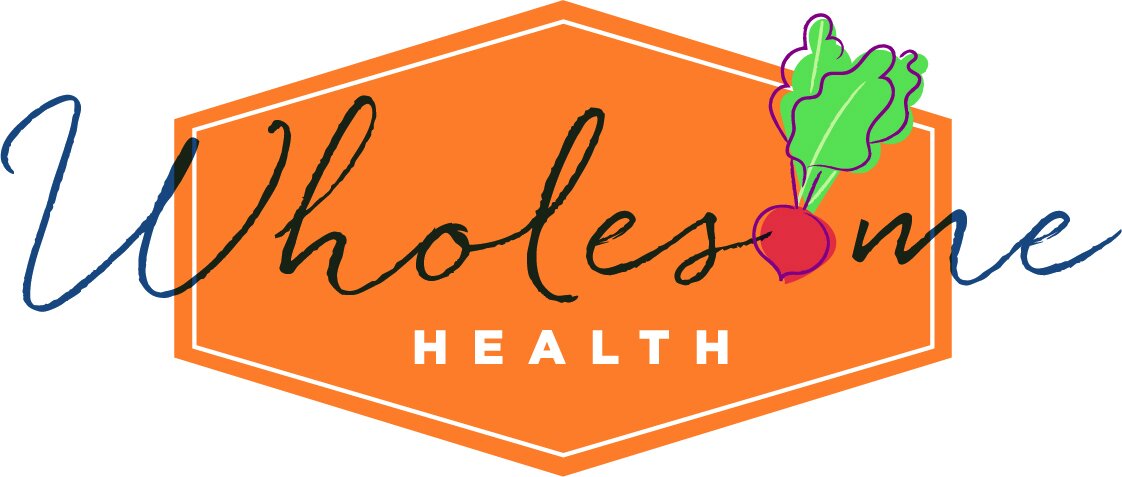Why You Should Eat More Choline-Rich Foods
Please note that this post contains Amazon affiliate links, meaning I may earn a small commission if you purchase the products after clicking on the links.
Lately, I’ve been hearing a lot about choline, which is an essential mineral found in several different foods. Many people don’t get enough of it, so in today’s post I’ll share the importance of consuming choline, where to find it, and how much you need.
Why is choline important?
The liver makes a small amount of choline, but the majority of it is provided through the food we eat. Choline helps the brain and nervous system with memory, mood and muscle function. It also plays a role in cell formation and breaks down fats in the liver.
More research is needed to determine the true benefits of consuming enough choline, but there are some studies indicating it may help with heart and blood vessel health as well as improved cognitive function.
Signs of choline deficiency usually aren’t present because the liver makes a small amount of it, but they can include:
Muscle aches
Tingling caused by nerve damage
Memory loss
Mood changes
Tiredness
Fatty liver disease or other liver damage
Additionally, not consuming enough choline in pregnancy can increase a baby’s risk for brain and spinal problems.
Where to find choline
Choline is found in many foods. The best sources of choline are found in animal products such as:
Organ meats, like liver
Eggs
Beef and other red meat
Chicken and turkey
Fish
Dairy products, like milk, yogurt, and cheese
Non-animal products can also contribute to your daily intake of choline. The best plant-based sources include:
Cruciferous vegetables, like broccoli, cauliflower, and Brussels sprouts
Potatoes
Shiitake mushrooms
Almonds
Soybeans
Whole grains, such as wheat germ or oat bran
How much choline do I need?
Men need 550 mg of choline each day, while women need 425 mg. Needs are increased for pregnant (450 mg per day) and breastfeeding women (550 mg per day).
Second only to liver, eggs are the best dietary source of choline; one egg contains 147 mg of choline. If you have 2 scrambled eggs for breakfast, that’s 294 mg, which is more than half of what you need for the entire day.
A well balanced diet should provide most people with enough choline, but if you’re concerned you aren’t getting enough, look for a multivitamin that contains choline. If you’re pregnant or breastfeeding, I recommend finding a prenatal vitamin that contains choline; be careful because many of them don’t! Vegetarians and vegans are more likely to need a supplement because animal products tend to be the best sources of choline. If you’re wondering if your diet contains enough choline, schedule an appointment with a registered dietitian today!
As you can see, choline is important for brain and liver health and helps with cell formation in the body. It is found in several different plant- and animal-based foods, so eating a well-balanced diet should ensure you are getting enough. If you feel like your diet is lacking in choline-rich foods, make it a goal to eat more eggs, broccoli, or shiitake mushrooms this week!



